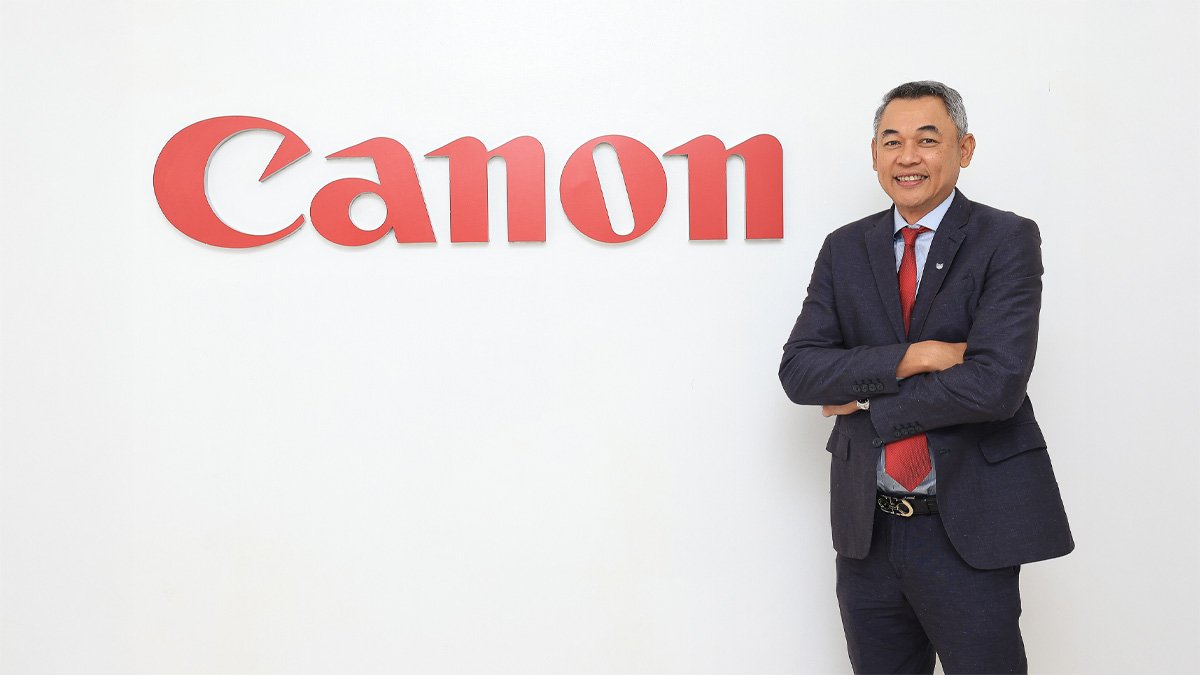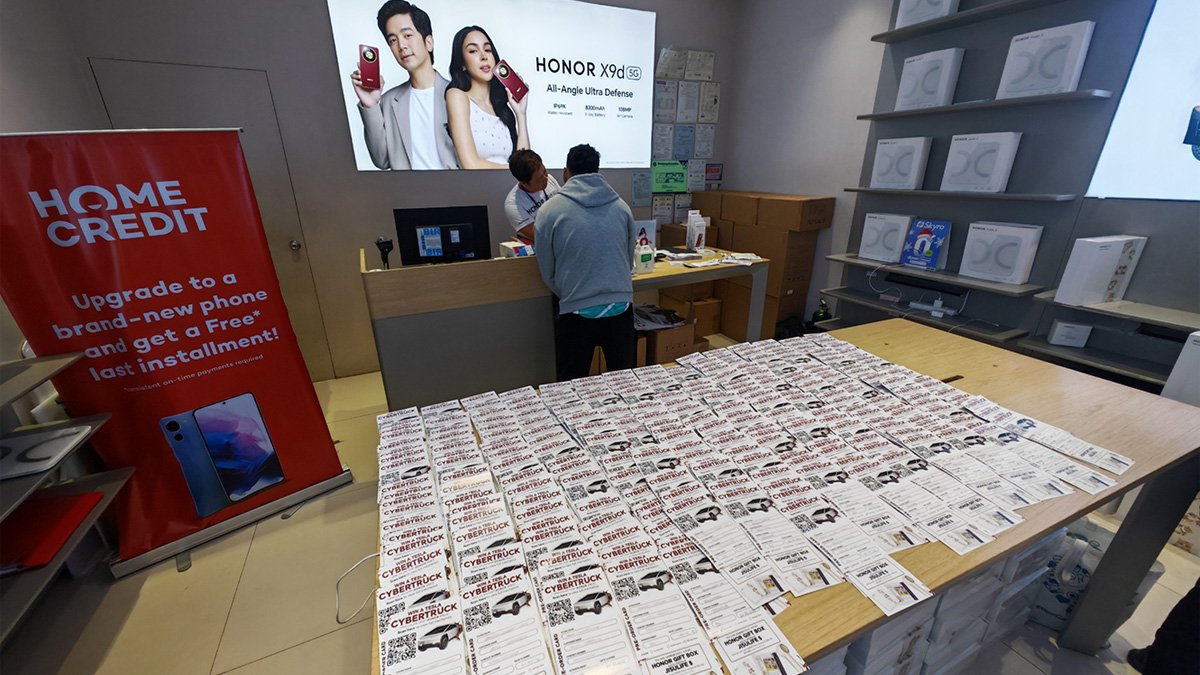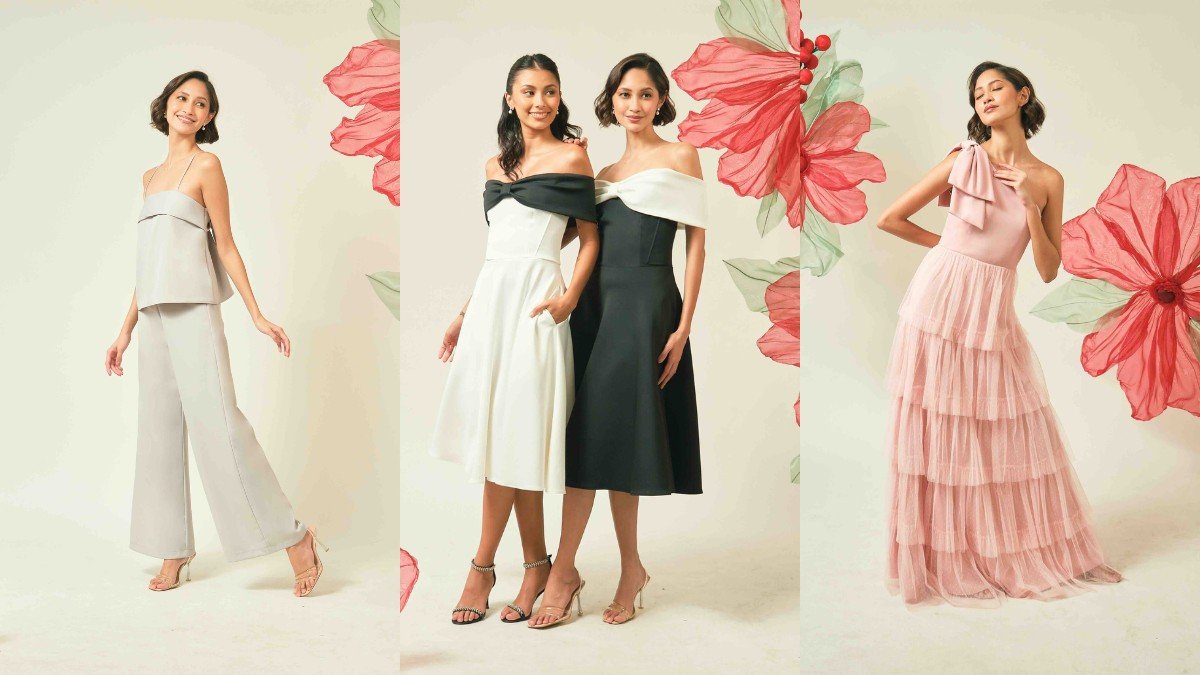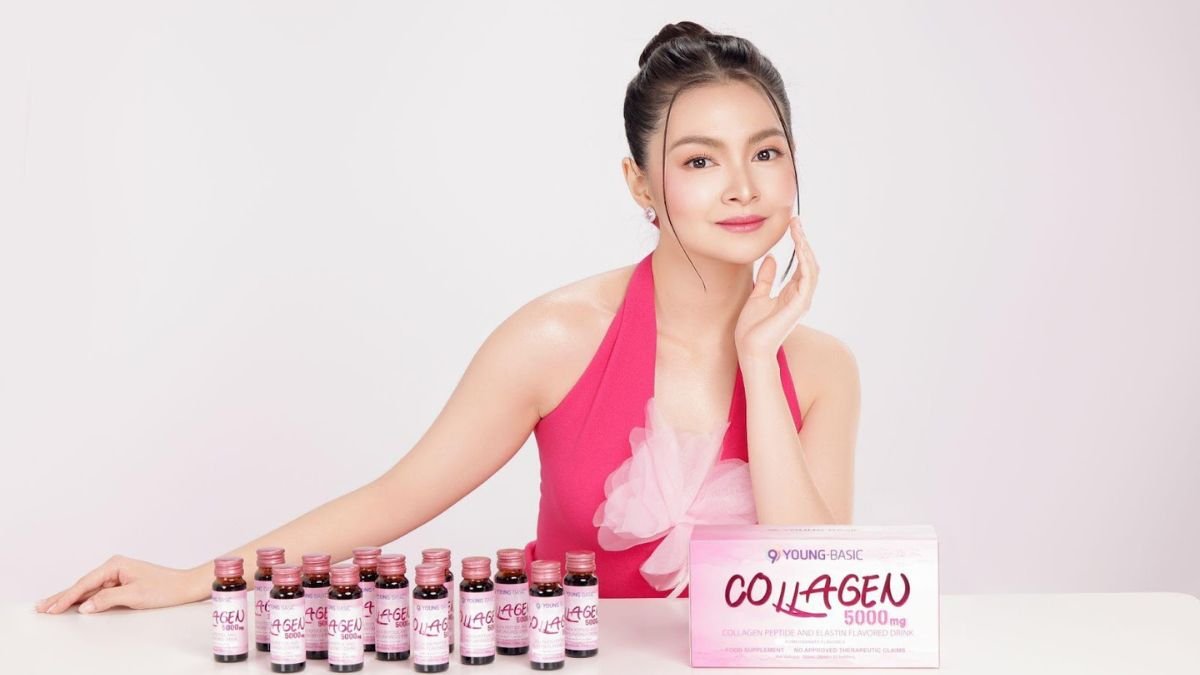Unfiltered: How Filipinas Are Breaking the Mold of Media Beauty

For as long as many Filipinas can remember, beauty has come with conditions: be lighter, be thinner, be more like someone else. “Tumaba ka, pero bagay sa’yo!” is the kind of backhanded compliment women often hear, said with a smile but loaded with judgment.
The Filipino media has defined beauty with a narrow brush: light skin, slim bodies, Eurocentric features. Teleseryes, billboards, and magazine covers have etched this ideal deeply into the culture. But now, a growing movement among Filipinas is tearing down those old standards. They’re challenging long-held beauty standards, reclaiming media space, and reshaping the story of self-worth, representation, and identity.
A Culture Long Defined by Standards
In the Philippines, people have almost normalized body shaming, weaving it into everyday conversation and often masking it as “concern” or even humor. They throw out comments like “Tumaba ka” (You gained weight) or “Ang puti mo na ngayon” (You’re so fair now) casually, sometimes even offering them as compliments. Colonial influence rooted this obsession with physical appearance, and mainstream media continues to perpetuate it, equating beauty with whiteness, thinness, and Western features.
This has left generations of Filipino women feeling “less than”: less beautiful, less valuable, less worthy. The consequences are real: eating disorders, low self-esteem, anxiety, and depression. More importantly, these beauty standards silence women and pressure them to shrink themselves to fit a false ideal.
Filipinas Rising
Thankfully, that silence is breaking.
Filipino women across the country and around the world are reclaiming their voices and their bodies. Celebrities like Angel Locsin, known not only for her talent but her refusal to apologize for her weight gain, are pushing back against cruel tabloid coverage. Meanwhile, influencers such as Ayn Bernos, a morena beauty queen and advocate for inclusive beauty, are challenging the age-old glorification of fair skin.
Even more powerful is the rise of everyday women speaking up. On social media, hashtags like #BodyPositivityPH and #ProudMorena have become digital battle cries. They’re filled with raw stories of struggle and healing, women posting photos of themselves in swimsuits for the first time, celebrating their stretch marks, or simply expressing that they are enough, just as they are.
This grassroots movement matters. It’s not just about calling out harmful media. It’s about building a new one. Independent media, campaigns, and brands are creating space for diverse Filipina bodies and stories to exist without shame.
Media Representation as a Mirror and a Catalyst
Representation is powerful because it’s a mirror. When women never see themselves reflected in the media they consume, the unspoken message is that they don’t belong. But when that mirror begins to reflect reality, a spectrum of skin tones, body sizes, and lived experiences. It tells a different story: that every woman has value, and every story deserves space.
That’s why this conversation is bigger than beauty. It’s about reclaiming identity. When Filipinas take ownership of how they’re seen, whether by choosing to stay morena, embracing their curves, or refusing to conform, they’re asserting a radical truth: that beauty is not a single standard, but a wide and varied reality.
It’s also about creating a healthier cultural environment. By normalizing diverse bodies, we teach the next generation to love themselves more deeply. Young girls today shouldn’t have to bleach their skin or starve themselves to feel beautiful. They deserve to grow up seeing themselves as whole and worthy.
The Future Filipinas Are Creating
While progress is being made, the work is far from over. Mainstream media in the Philippines still lags behind, with many networks and brands clinging to outdated ideals. But the pressure is mounting, and it’s coming from the ground up.
Filipinas are no longer waiting for permission to take up space. They are building new platforms, uplifting each other, and demanding change. This movement, at its core, is about freedom: the freedom to be seen, to be heard, and to be celebrated for who they truly are.









